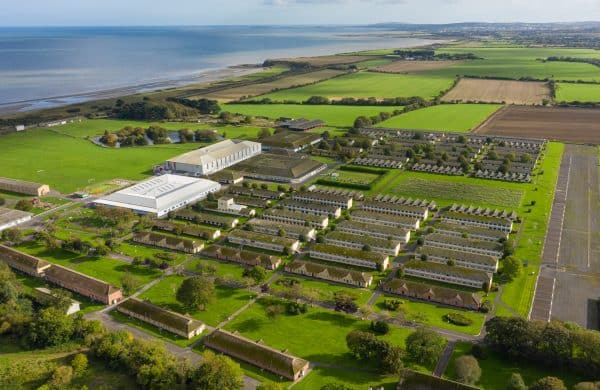
![]()
Direct Provision was set up in 1999 when the numbers of people seeking asylum in Ireland rose sharply. The system whereby people seeking asylum are housed, often for many years in overcrowded conditions without their own cooking facilities, has been criticised by many people, from politicians to migrant rights groups. Even Darina Allen has publicised the dire situation of not allowing people to choose and cook their own food for their families.
Exacerbated by the housing crisis, many asylum-seeking people have been granted leave to stay but are unable to leave Direct Provision centres because they can't access accommodation. Private contractors are paid by the Government to provide accommodation to asylum-seeking people while they await word on their applications to stay in Ireland. The cost to the State of paying these private individuals and companies is estimated to be in the region of €1 billion.
Chaired by former Secretary-General of the European Commission Dr Catherine Day the Advisory Group's report on the Direct Provision system has recommended sweeping and urgent changes which will improve the lives of asylum-seeking people and save the State an estimated €35 million per year. The new reception system recommended by the Advisory Group’s would see accommodation provided to people at State-owned, rather than privately centres for a maximum of 3 months. During this time assistance should be provided to asylum-seeking people to navigate the immigration system. After the 3-month period, asylum-seekers should be moved to own-door housing, similar to social housing or using a system akin to the HAP scheme. The report states that asylum-seekers should be allowed to work after 3 months. The report also recommended that reception centres not be in isolated areas but rather in cities and towns with good services available.
The Day Report recommends that the implementation starts now, with the new system being fully operational by 2023.